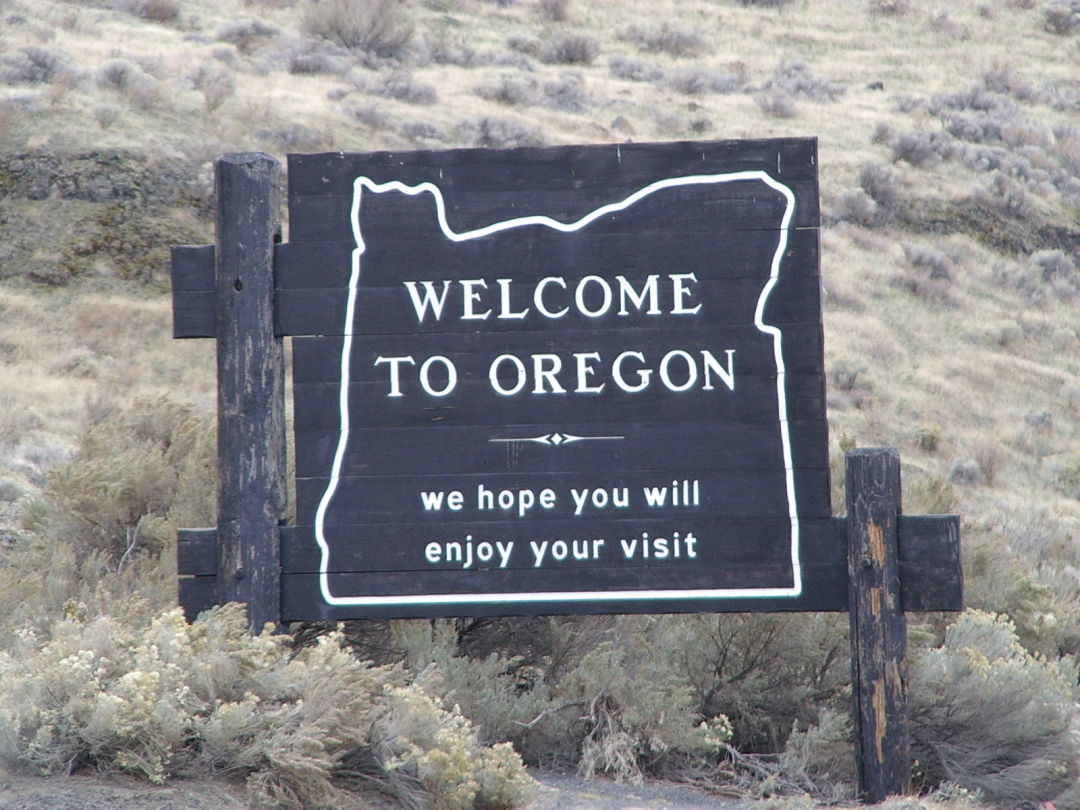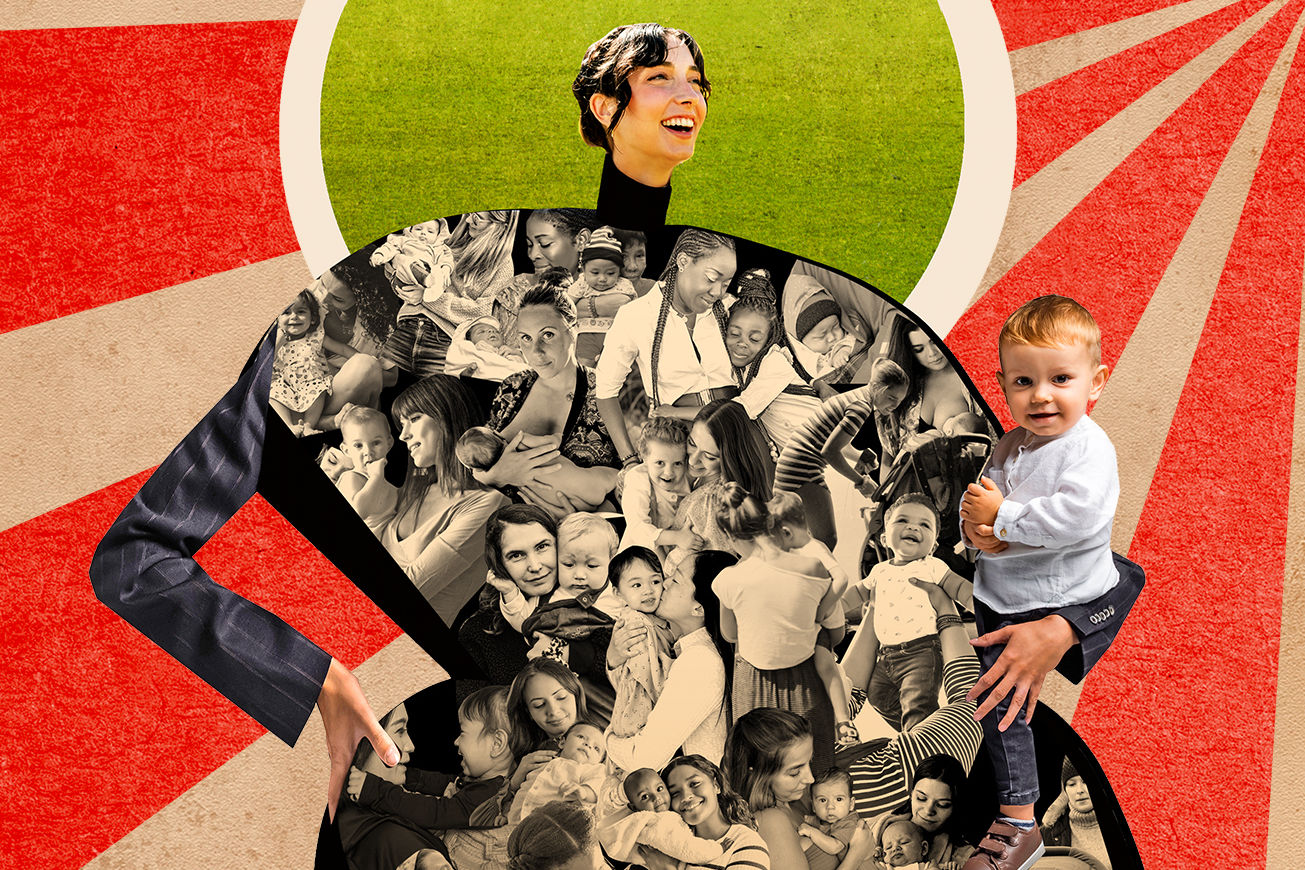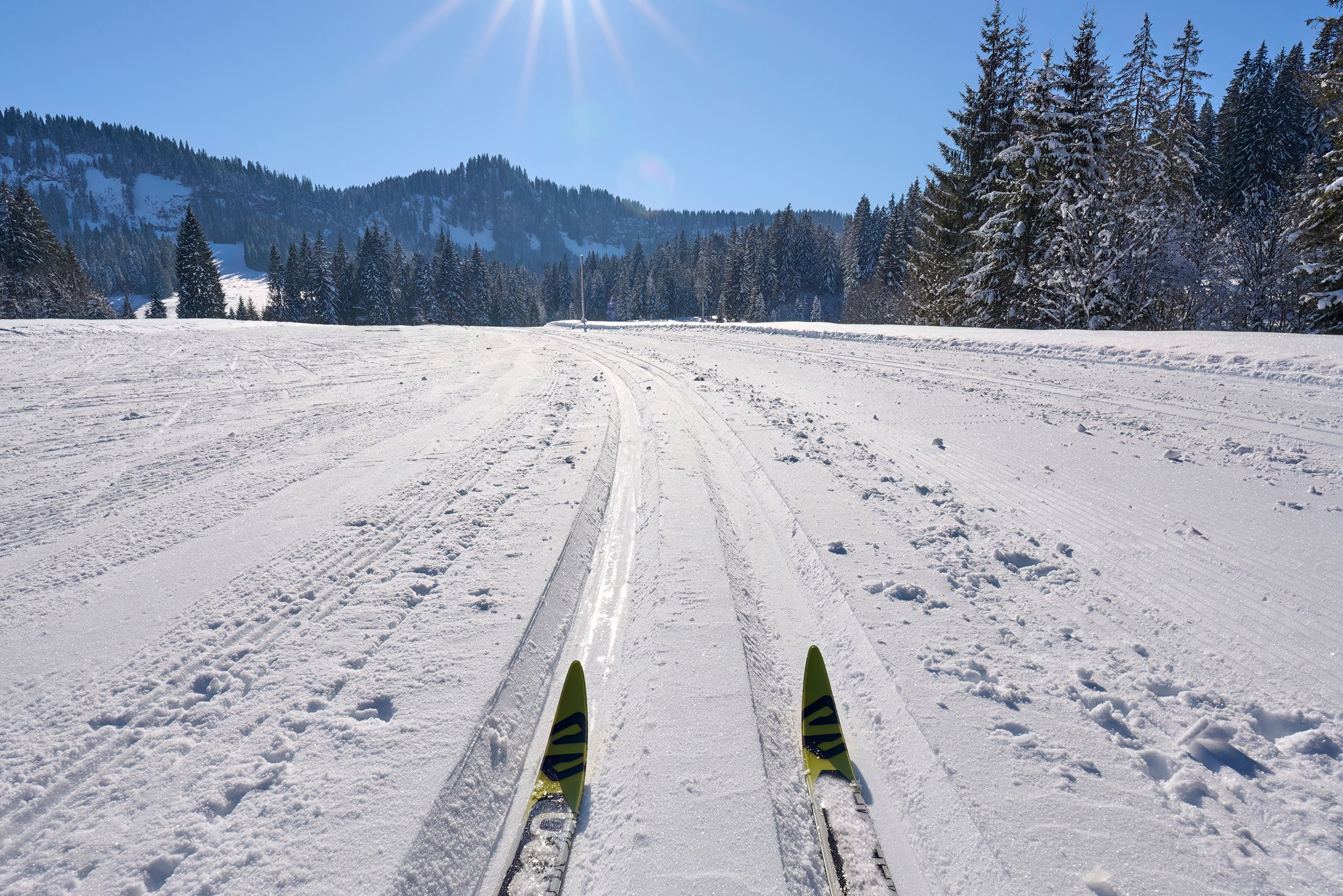Pursuit of Happiness

Image: Rustejunk
LATELY I’VE STARTED referring to people like me and my wife, Kate, as "California refugees." You longtime Portlanders no doubt feel you’re bumping into our kind by the dozens. So allow me to offer myself and Kate as your case study in northern Californians seeking asylum in your fair city.
There we were, living in our cozy suburban apartment in the Bay Area hills east of Berkeley, paying $1,000 monthly for 600 square feet of carpet and linoleum. Both of us were nearing our 30s. I was, and still am, a novelist, which, unless your name starts with "Stephen" and ends with "King," does not make for a breadwinner’s lifestyle. Kate taught public high school, a rewarding career that … well, won us only the thinnest, shortest loaves of California bread. In the darkest graveyard hours, seven days a week, you’d find me behind the wheel of our Geo Metro, stitching along neighborhood streets, tossing newspapers to several hundred subscribers, a job I performed diligently so I could write in the daytime. By 7 a.m. I’d return home and settle into bed just as Kate left for work.
Though the public high school where she taught was only six miles from our apartment, in "reasonable" traffic the drive took her 40 minutes. The gridlock of those suburbs is said to be statistically worse than those of Atlanta and Washington, DC, combined. It wouldn’t surprise me to learn that the term "road rage" was coined there. Sometimes Kate got to work, parked and discovered that the murderous maniac who’d been tailgating her for the last 20 minutes of her commute was in fact the genial teacher from down the hall. People were always angry at each other in the Bay Area, but nobody seemed to realize it.
Kate’s school hadn’t been updated since the Kennedy administration, the era when it was built. Her classroom was cluttered with 36 decrepit desks and 38 unhappy teenagers (the two extras seated themselves at Kate’s desk and on the floor). The kids there were not nice to Kate. They, too, were angry and didn’t know it.
Kate’s salary kept us hovering just above the state poverty level. She did not receive benefits. Naturally, my newspaper delivery job did not provide benefits either.
While Kate was at work, I’d sometimes bike to the library, a drab Quonset hut also built during the Kennedy administration. I rarely found the book I sought. When I did, the copy would most likely be soiled, have a broken spine or lack a number of pages, sometimes all three.
At the end of the workday, Kate made the harrowing drive home. The modus operandi on the streets was: tailgate-honk-swerve-curse! Stopping at the grocery store, Kate would find the aisles similarly frantic: cut-in-front-scurry-scowl!
These problems bugged us on a societal level, but it was only when we considered buying a house that it all became personal. On our street, tiny homes with no character sold for $650,000, a fact that finally shook Kate and me out of our complacency. Were we to stay there, we’d remain renters for the rest of our lives. Oh, there was a slight chance of purchasing a condo the size of the typical American master bathroom in an unsavory neighborhood. But even then our day-to-day lifestyle would remain unchanged. And it was the lifestyle, we realized, that was killing us. Exorbitant cost of living coupled with poor infrastructure, overcrowding, shabby public transit and nonexistent urban planning—it all made for meanness and misery.
So in August 2005 we moved 600 miles north to a historic apartment in beautiful Northwest Portland. Our new digs were twice the size of our Bay Area place, but the rent was three-quarters as much. We rode the streetcar and the MAX for free downtown. At the stadium-size Fred Meyer on W Burnside St, shoppers begged us, smiling, to cut ahead in line. We stood reverently silent in the palatial lobby of Central Library—and discovered that Central’s Sterling Room for Writers was reserved for the exclusive use of people like me. We began exploring Portland’s infinite variety of small businesses, regularly visiting St Honoré Boulangerie and Portland’s $3 cinemas, and felt happy to know where our money was going. We took leisurely weekend drives, delighted to find that one’s turn signal still meant something here. And entering the pastoral regions just 20 minutes outside Portland, we were duly impressed by the genius of the urban growth boundary.
Portland also had its problems, not least of which was the million others expected to follow us here over the next 25 years. And while settling in, Kate and I were slow to adapt to the city’s less beautiful aspects. Reports of downtown shootings and ubi-quitous meth labs depressed us, as did Oregon’s white-heavy demographic. Worsening conditions in the Portland schools brought an unnerving sense of déjá vu. The record-breaking rain of 2006 also dampened our rosy attitudes. But by then Kate had been teaching for several months at a Vancouver high school, a gig so different from her job in California that we thought, for a little while, we were the victims of an elaborate hoax. Kate got a classroom with matching desks, a console with a TV/VCR, six computers and rosters of 12 kids per class! For the first time in six years, Kate and I visited a doctor, thanks to her new teacher benefits—and we became automatic members of her school-affiliated health club.
By the New Year, we felt settled enough to start browsing Portland real estate, and after a worrisome hunt for a home that met our budget (such homes were scarcer than we had thought), we became the owners of a darling three-bedroom bungalow in a quiet, pretty section of Southeast. The mortgage will be hard for a few years, but it’s finally possible. True, we’ve regressed to life behind the wheel (Kate’s daily commute—which involves bucking traffic over the Glen Jackson Bridge—is actually five minutes longer than it was in the Bay Area), but a MAX extension is slated to serve our part of town within a few years, and there’s serious talk about pushing the MAX Yellow Line over the Columbia.
We weren’t going to find a middle-class lifestyle in California, but here the life we seek is both possible and enjoyable. And Portlanders seem to be civic-minded and resourceful about the problems this city faces. That, compared to what we experienced in the Bay Area, makes the pursuit of happiness along the Willamette shores a worthwhile adventure.
So hello, Portland. Don’t hold our Golden State origins against us, please. We’re refugees, remember. And anyway, we’re here to stay.




